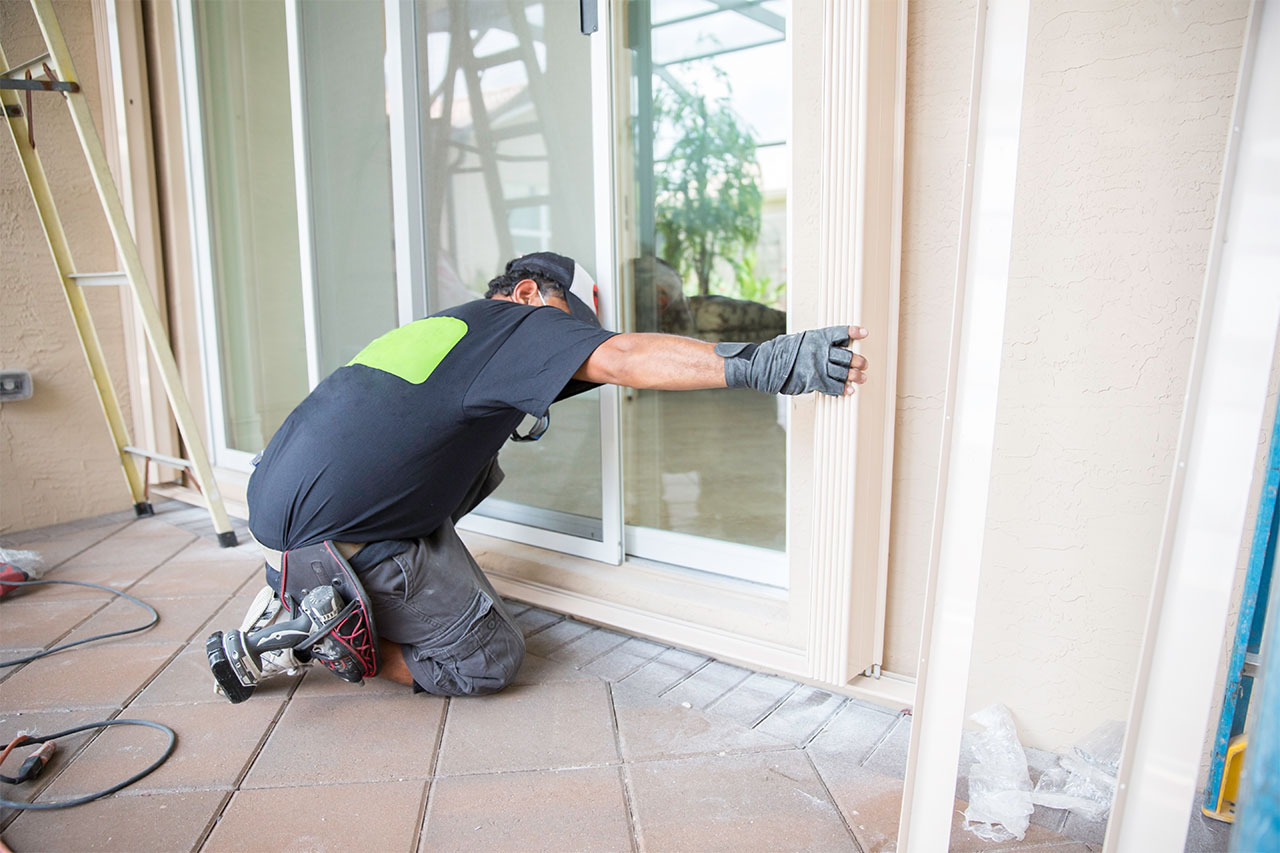Weather Hurricane Season Like a Local

Living near the coast has its benefits: mild seasons, plenty of rainfall, and all-year access to sandy beaches being just a few.
But what recent transplants to the area may not have in mind when they make the move to our region is that beachside living comes with a few risks as well. One of the greatest of these is hurricane season, which officially begins June 1st, though our region sees most of its storms during the month of September.
Even though the idea of weathering the storms might have you feeling a bit nervous, the local experts here with the Michelle Clark Team have pulled together a few essential tips to help you batten down the hatches and get through hurricane season with minimal wear and tear to show for it.
Understanding hurricanes
In order to prepare for one of these storms, it helps to know what to expect. Hurricanes, or tropical storms, are low-pressure weather systems with maximum sustained winds reaching at least 74 mph. As they build off the coast, hurricanes are given a rating between 1 and 5, depending on wind speed. Essentially, the higher the rating, the more destructive the winds. Because they originate at sea, in the Atlantic basin, hurricanes can lose momentum and weaken the closer they get to the shore, which means that they’re constantly monitored along their progression by the National Hurricane Center.
When you hear about an approaching hurricane, you might pick up on unfamiliar terminology like “storm surge.” While the eye of the storm is actually the middle area of a strong tropical storm that is known for calmer winds and gentler weather in comparison to the rest of the system, a surge refers to rising sea water that can create a severe flooding effect in certain areas. These surges are often the greatest cause for concern along the coast, especially when you consider how much property and environmental damage can result from a significant increase in water levels.
Monitoring safely
While the experts track incoming hurricanes and report to local weather services, you can follow along using apps provided by your favorite stations. These updates can help you decide when you’ll need to evacuate, or even if it’s a necessity in the first place. When all else fails, it’s always better to pay attention to regular weather reports and follow the recommended advice of the professionals; if they say it’s wise to evacuate in preparation for an incoming hurricane, we’d have to agree! In the meantime, you can fortify your home by checking for instances of disrepair and having a professional address the problem before the storm arrives.
Whether this is your first hurricane season or your fiftieth, the Michelle Clark Team is here to help you settle into your new lifestyle and make it your own – no matter what storms are on the horizon! Contact us for more details about owning a home here in coastal North Carolina.
